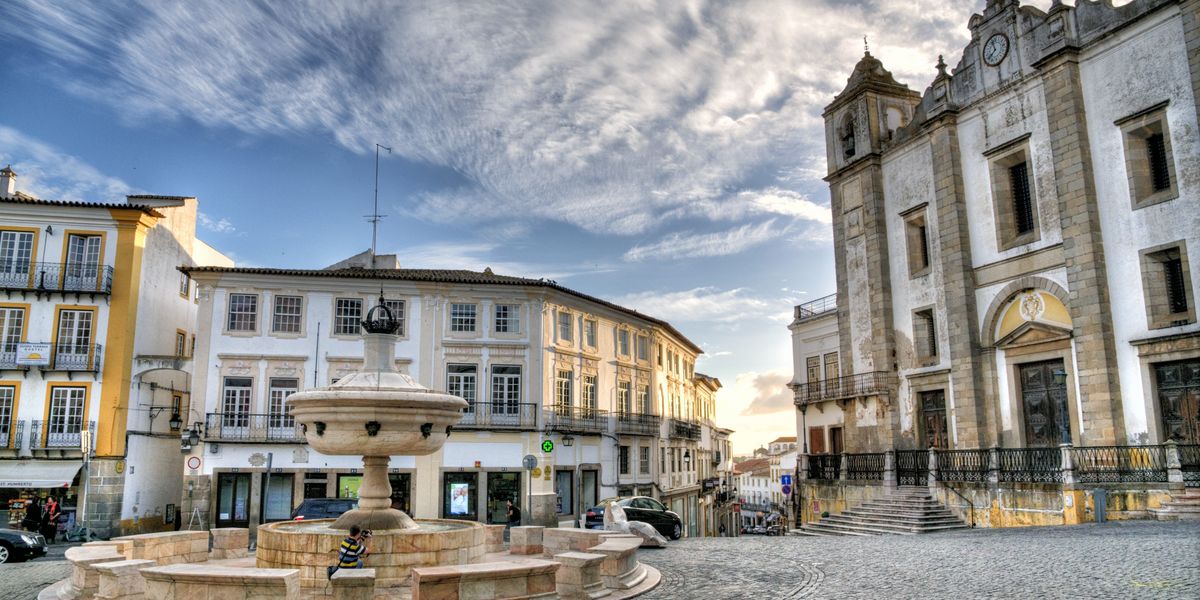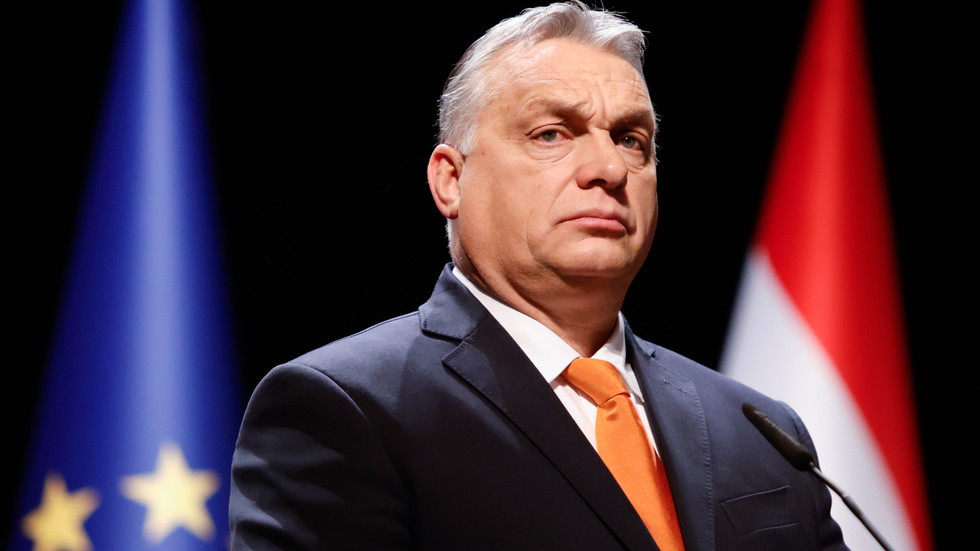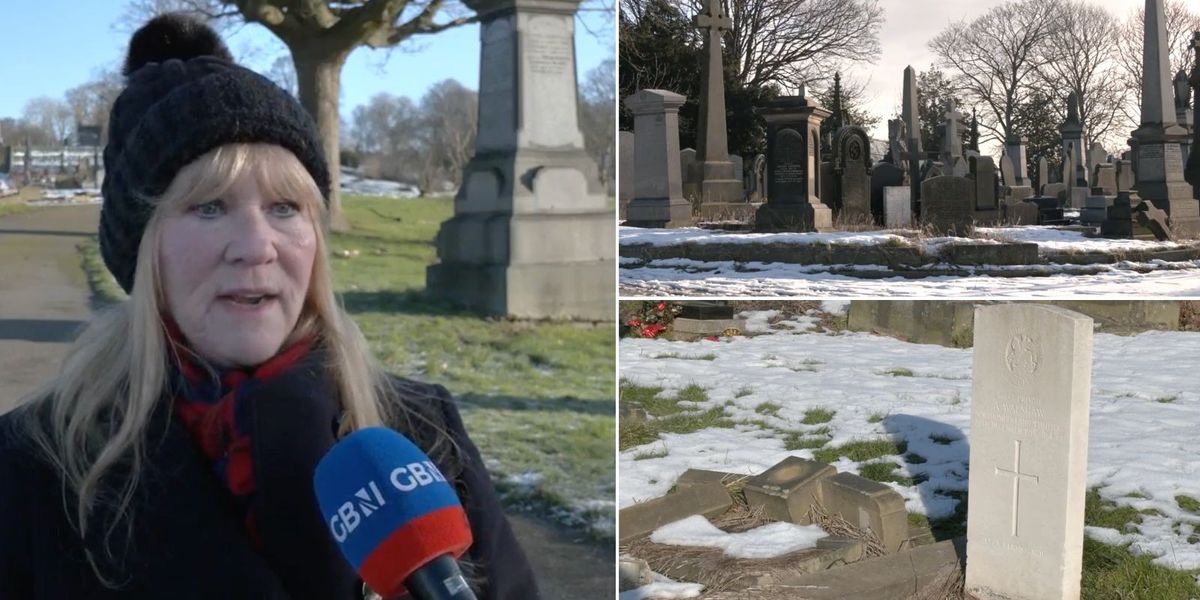The Trudeau government’s reconciliation attempts faltered big time, according to a Privy Council report. Many communities are still without drinkable water, suffer from poor infrastructure, and have limited access to health-care and educational opportunities.
A number of First Nations, Inuit and Métis respondents claim reconciliation is a priority, though efforts procured no “tangible improvements” in their quality of life.
DOCUMENTS: Indigenous people in @PrivyCouncilCa focus groups cite few tangible benefits from 9 years of @JustinTrudeau reconciliation: "Several mentioned clean drinking water as an example." https://t.co/6cuPKPSZIU #cdnpoli @PattyHajdu @GCIndigenous pic.twitter.com/ThGwyxX8ya
— Blacklock's Reporter (@mindingottawa) January 14, 2025“Asked how they would go about measuring the federal government’s progress on reconciliation, a range of metrics was proposed,” said the report Continuous Qualitative Data Collection Of Canadians’ Views. Meanwhile, others urged “clear and transparent documentation” of all actions related to reconciliation.
Despite a plummeting approval rating, Trudeau emphatically declares he's running for PM once again. "I'm fighting for the middle class. I'm fighting for reconciliation. I'm fighting for climate change," he says.https://t.co/LAyY3GKm7u pic.twitter.com/1xzYULEwpn
— Rebel News (@RebelNewsOnline) December 13, 2023Evidence shows Justin Trudeau has failed to improve relations with Indigenous peoples over his tenure, reported Blacklock’s. A 2015 Ministerial Mandate to “renew the relationship between Canada and Indigenous peoples” has not been fulfilled.
Several respondents said access to clean drinking water remains a challenge, amid rising food costs, inaccessible health-care, homelessness and poor infrastructure across reserves.
“A number felt a key focus should be placed on ensuring Indigenous peoples had the same access to educational and employment opportunities as the rest of Canadians, believing this would mark a significant step towards achieving reconciliation,” said Canadians’ Views.
“Some also suggested tracking and regularly reporting on key statistics such as the rate of Indigenous home ownership to ensure tangible progress was being made,” wrote researchers.
— Rebel News (@RebelNewsOnline) July 27, 2022During the first-ever Truth and Reconciliation Day, Trudeau was photographed in Tofino, British Columbia while Canadians commemorated the deaths of Indian Residential School children. An apology was promptly rejected by the Native Women’s Association.
He also apologized for the 1864 hanging of Tsilhqot’in leaders in British Columbia, and the 1885 jailing of Chief Poundmaker following the Northwest Rebellion.
Politicians and media quickly popularized the “mass grave” term in May 2021 after the supposed discovery of 215 “unmarked graves” at Tk’emlups te Secwepemc First Nation.
“I think Canadians have seen with horror those unmarked graves across the country, and realize what happened … is an irrefutable part of our present,” Trudeau told reporters at the time.
A full investigation into unmarked graves at former residential schools like in Kamloops, BC should be held, Conservative Leader Pierre Poilievre tells Rebel News' Drea Humphrey.
"Canadians deserve to know the truth," he says.
In the summer of 2022, Tk’emlups Chief Roseanne Casimir received an independent site inspection report, proposing the “anomalies” were likely caused by ground disturbances going back decades.
The First Nation received a $7.9 million federal grant for the fieldwork, with a comprehensive $216.9 million given nationwide. More funds were promised despite uncovering no skeletal remains to date.
Federal officials later confirmed that hundreds of church arsons followed uncorroborated claims of “mass graves” at a Kamloops residential school.
An incident map from True North showed at least 96 churches had been destroyed, burned, or vandalized in Canada since the spring of 2021. Police counted 90 arson attacks that year.
— Rebel News (@RebelNewsOnline) May 10, 2024The 2015 Truth and Reconciliation Commission estimated that 4,100 children died at Residential Schools that operated until 1996. The Senate Indigenous Peoples Committee in a July 25 report acknowledged the figures were unsubstantiated and contradicted by coroner reports.
“Indigenous communities need to access historical records to identify missing children who may have died while attending Residential Schools and whose remains may be located in unmarked graves and burial sites across Canada,” said the committee report Missing Children, Missing Records.
The committee recommended “that Library and Archives Canada review its holdings of death records from before 1967 to identify Indigenous children who may have died while at Residential Schools.”

Alex Dhaliwal
Calgary Based Journalist
Alex Dhaliwal is a Political Science graduate from the University of Calgary. He has actively written on relevant Canadian issues with several prominent interviews under his belt.

 By Rebel News | Created at 2025-01-15 21:51:18 | Updated at 2025-01-19 17:49:21
3 days ago
By Rebel News | Created at 2025-01-15 21:51:18 | Updated at 2025-01-19 17:49:21
3 days ago








